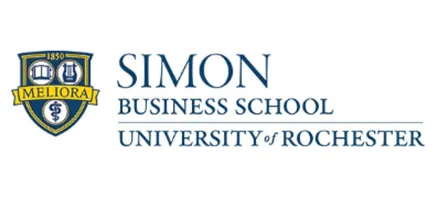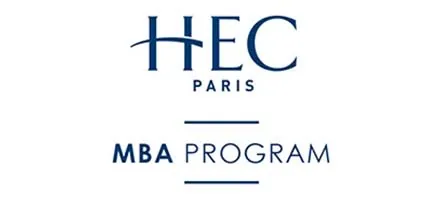As Harvard Business School MBA and corporate titan Robert Kraft’s wife lay dying of cancer, Kraft frequently consulted with former HBS professor Eric Lander, founding director of the biomed-focused Harvard/MIT Broad Institute. Myra Kraft passed away in 2011, but the relationship that grew between her husband and Lander has now led to a major gift to HBS, an endowment intended to deliver a boost to a cutting-edge field of medicine – and bring new opportunities for MBAs.
The school announced today (Nov. 18) a $20 million endowment to HBS from the Robert and Myra Kraft Foundation, to create the Kraft Endowment for Advancing Precision Medicine. Precision medicine, also called “personalized medicine,” combines a patient’s genetic, lifestyle, and environment information to enable targeted, individualized medical treatment.
“For all diseases this is the new approach that virtually all big pharma and certainly startup R&D efforts are going after – targeted therapies, not large broad-based therapies,” says HBS management professor Richard Hamermesh. “Most drugs work for no more than 60% of the people that take them. Diseases and humans all different. It’s not like one size serves all.”
ANOTHER STEP TOWARD $1 BILLION
The donation pledge brings Harvard closer to the goal of a capital campaign announced last year to bring in $1 billion over five years. By the end of this past June, HBS had raised $861 million, with $261 million of that brought in after the official April 2014 announcement.
Billionaire donor Kraft, who received his HBS MBA in 1965 and owns the New England Patriots, wants to see results from his donation as quickly as possible, Hamermesh says. “He doesn’t want more people suffering the same fate that his wife did,” Hamermesh adds.
Precision medicine is used extensively in cancer treatment. “In most cases, tumors are (genetically) sequenced so you understand exactly what the genetic mutations are in a particular cancer, and then you treat the mutations,” Hamermesh says. “In time, cancers will be known not so much as lung cancer or liver cancer or whatever, but they’ll be known by the mutations in the genetic pathways that are being disrupted.”
Genetics-based precision treatment is also used for cystic fibrosis, which is caused by irregularities in a single gene. Precision medicine identified three different mutations, and there are treatments for two of them, meaning that about 65% of U.S. children diagnosed with the disease will be treated as long as they live, but never develop symptoms, Hamermesh says. AIDS, too, is addressed with precision medicine – the virus is sequenced to identify mutations, and drug cocktails prescribed based on which mutations are present.
EXPANSION OF NEW MEDICINE FIELD MOSTLY A BUSINESS PROBLEM
Barriers to expansion of precision medicine are 70% business problems and only 30% science problems, Hamermesh says. “You need lots of data that organizations and institutions need to share to do the numerical analysis linking aberrations and mutations in genes to specific diseases,” he says. “That’s where the B-school comes in.











